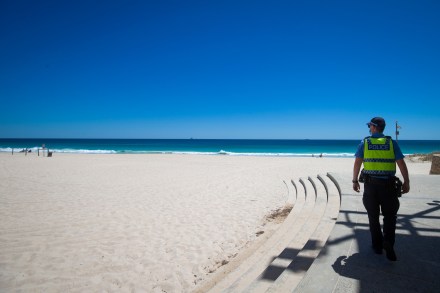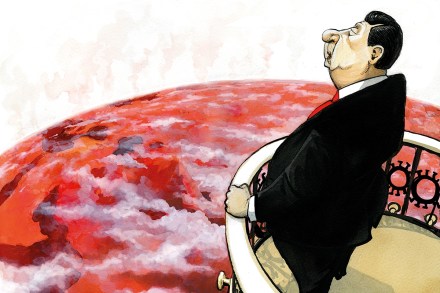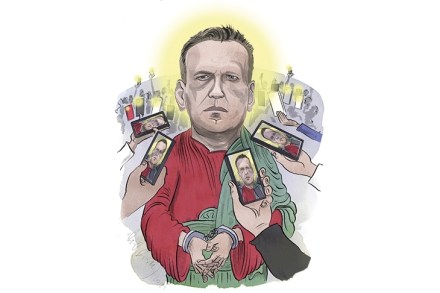Isolation nation: how Australia is dealing with its pandemic
At 6.20 p.m. on Friday evening, Scarborough Beach, an oceanside suburb of Perth, looked like it always does: families picnicked on grassy dunes overlooking the Indian Ocean, queues were forming outside bars lining the shore, and inside restaurants, groups chatted casually over cold beers. Given the bustle, it’s hard to believe a city-wide lockdown ended only 20 minutes earlier, triggered on the Sunday before after Western Australia recorded its first domestically transmitted case of coronavirus in ten months. The country’s pandemic strategy would look alien to many in Europe, which has been more akin to New Zealand’s or Asian countries like South Korea and Taiwan. The country shut its borders





















